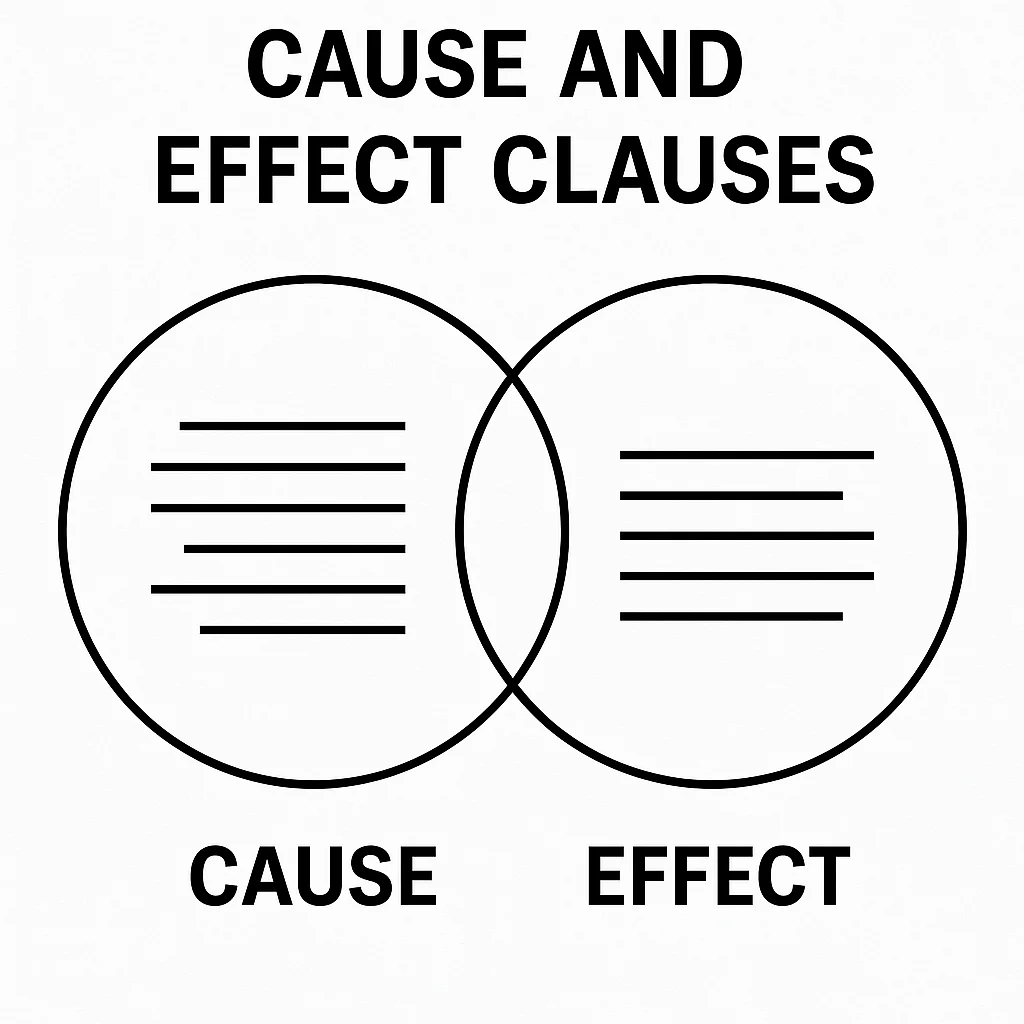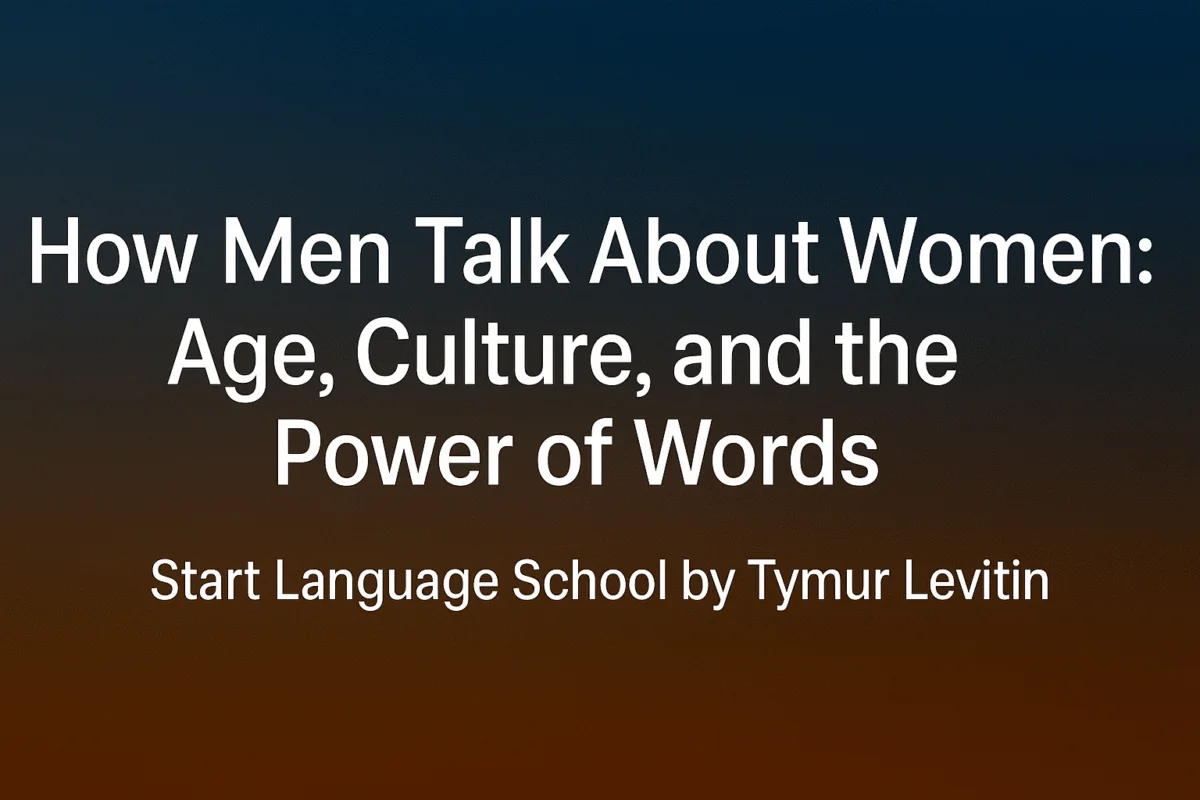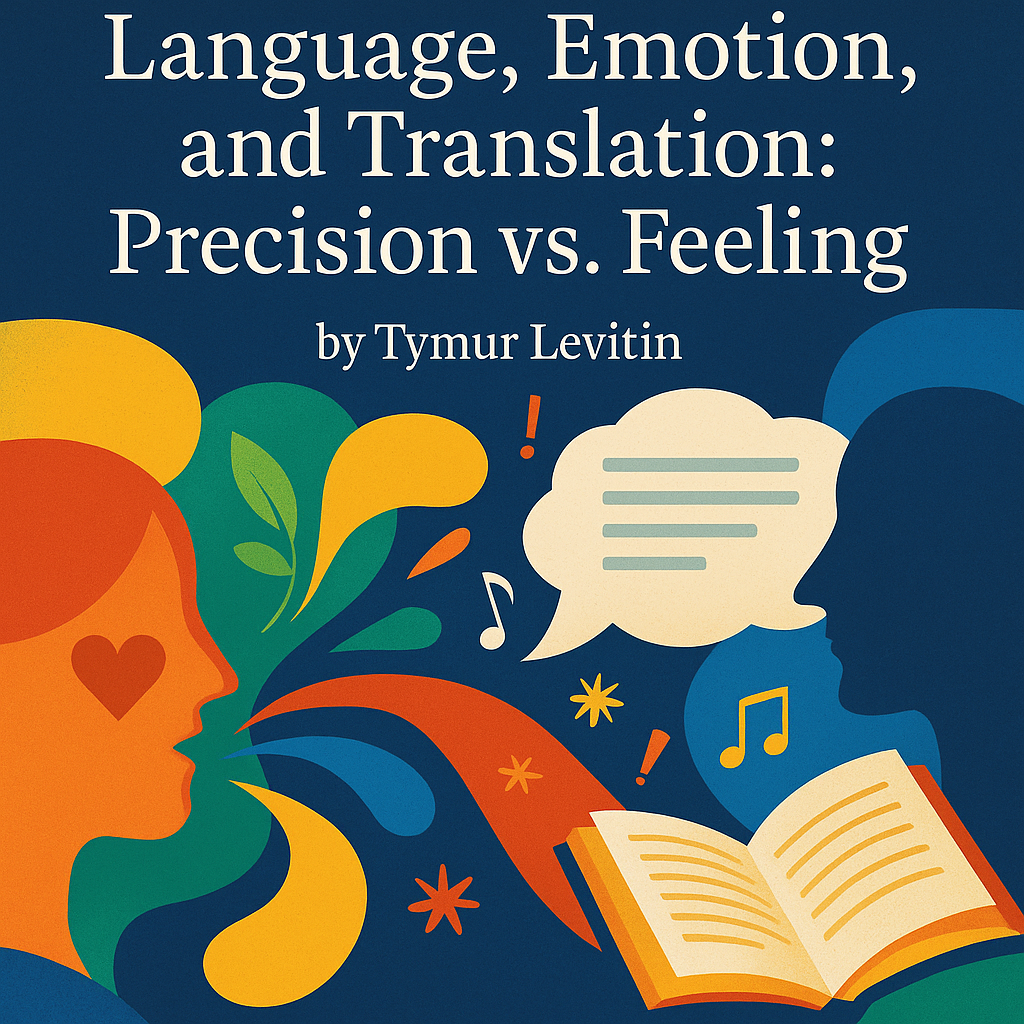Language Reveals More Than It Says
Words matter — especially when men talk about women. Whether in casual conversation, workplace settings, or romantic contexts, the words chosen reflect not just cultural norms, but values and emotional maturity.
In this article, we explore how men refer to women across four languages - Russian, English, Polish, and Ukrainian— and what these linguistic choices reveal. This isn’t a guidebook. It’s a reflection on who we are — through how we speak.
Author: Tymur Levitin — founder, director, and lead teacher at Levitin Language School / Start Language School by Tymur Levitin
Russian: How Men Refer to Women
- «Девочка» — affectionate or infantilizing; used by men of all ages toward younger women; can be both gentle or patronizing depending on tone.
- «Детка» — flirty, often objectifying; common in nightlife or among younger men.
- «Малышка» — playful, sometimes tender; frequent in dating.
- «Тёлка» — rude slang; reduces a woman to an object; socially unacceptable in most contexts.
- «Женщина» — neutral and respectful; typically used by mature men or in formal settings.
English: Male Speech Patterns Across Ages
- Teen boys / Young men: “girl”, “babe”, “baby”, “cutie”, “hottie” — casual, often visual or trend-based.
- Mature men: “lady”, “woman”, “my partner”, sometimes “ma’am” — respectful, socially conscious.
- Mixed meanings: “sweetheart”, “honey” — can range from caring to patronizing depending on tone and context.
Polish: Respect and Familiarity
- Younger men: “dziewczyna” (girl), “laska” (babe/hottie) — often flirtatious or appearance-based.
- Older men: “kobieta” (woman), “pani” (Ms.), “dama” (lady) — polite and formal.
- Slang like “laska” carries the risk of devaluation, similar to English “babe”.
Ukrainian: Generational and Social Shifts
- Younger males: “мала” (young one), “дівка” — may sound coarse or old-fashioned in modern speech.
- Older males / Formal: “жінка” (woman), “пані” (madam), “дівчина” (girl) — respectful and widely accepted.
Ukrainian speech emphasizes tone and context — nuance is key.
Contexts That Define Meaning
- Man to man: Casual conversations among males often reveal more about their worldview than about women. Slang terms may dominate but signal speaker maturity (or lack thereof).
- Man to woman: Tone and relationship level define impact. Even “girl” or “детка” can sound kind or offensive depending on delivery.
- In the workplace: Respectful, professional language dominates: “Ms.”, “пані”, “colleague”.
- In personal or romantic context: Words like “baby” or “малышка” vary based on mutual respect and emotional intelligence.
How Age Influences Vocabulary
The language evolves as men mature:
- Teen boys / young men often favor terms like “детка”, “babe”, “girl”, which emphasize physical appearance or youth.
- Grown men, confident and self-aware, usually shift to terms like “woman”, “lady”, or “partner” — which emphasize personality, agency, and respect.
A real man is recognized not by his muscles or wallet, but by his words.
Cross-Cultural Insight: The Polish ‘Pacan’
A Polish student once explained to me how “пацан” in Russian (meaning a tough or streetwise boy) sharply contrasts with “pacan” in Polish — which means “idiot” or “fool.” One word, two cultures. Same sound — opposite respect.
Почему это важно
Language is more than vocabulary. It reflects character. The way a man talks about women shows his mindset, upbringing, and emotional depth. Are women people — or objects? Are girls equals — or accessories?
На сайте Школа иностранных языков "Старт" от Тимура Левитина, we don’t just teach languages. We teach how to be understood. Because speaking well isn’t about grammar — it’s about dignity.
Related Articles from Our Blog
- 🔗 Girl, Baby, Detka: One Word – Two Worlds
- 🔗 From ‘Patsan’ to ‘Man’: How Language Shapes Male Identity Across Cultures
Автор: Тимур Левитин
© Tymur Levitin | Founder of Levitin Language School / Start Language School by Tymur Levitin
🔗 https://levitinlanguageschool.com
🔗 https://languagelearnings.com
























